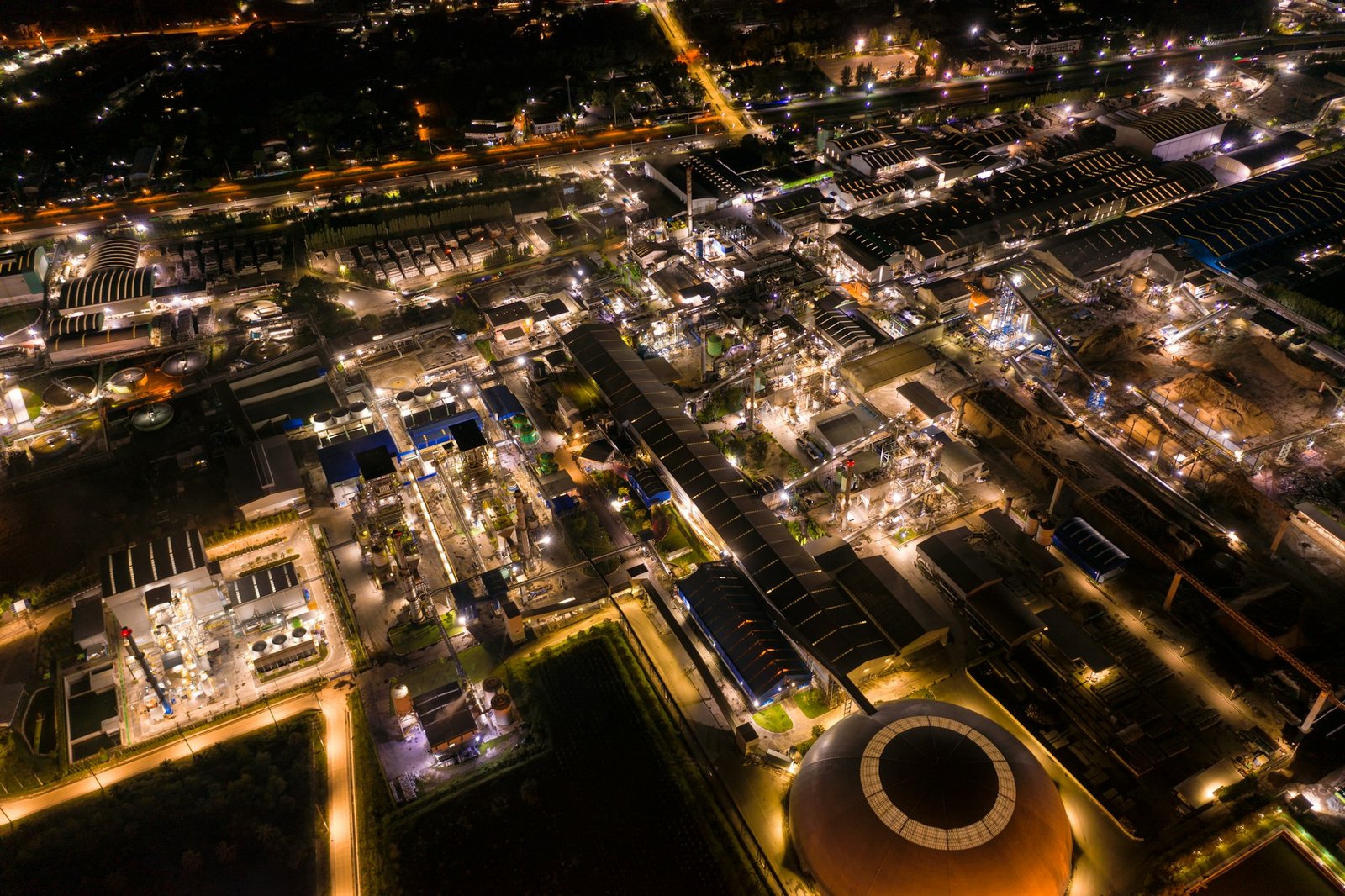Chemical innovations have long been recognized for their transformative impact on society, driving progress across a wide range of areas, including healthcare, agriculture, energy, and the environment. In this article, we’ll explore how chemical innovations serve as catalysts for social progress, addressing pressing global challenges and improving the quality of life for people around the world.
Revolutionizing Healthcare: Breakthroughs in Pharmaceuticals and Biotechnology
Chemical innovations in healthcare have revolutionized the diagnosis, treatment, and prevention of diseases, saving millions of lives and improving public health outcomes. From the development of life-saving drugs and vaccines to the discovery of novel therapeutic targets, chemical research plays a critical role in advancing medical science and combating global health threats.
For example, the discovery of antibiotics transformed the treatment of bacterial infections, while recent advancements in biotechnology, such as gene editing technologies like CRISPR-Cas9, hold promise for personalized medicine and targeted therapies.
Enhancing Food Security: Innovations in Agricultural Chemistry
Chemical innovations in agriculture have played a crucial role in increasing food production, enhancing crop yields, and improving nutrition worldwide. From the development of high-yielding crop varieties and precision farming techniques to the formulation of fertilizers and pesticides, chemical research helps farmers feed a growing global population while minimizing environmental impact.
For instance, genetically modified crops engineered for traits such as drought tolerance and pest resistance have enabled farmers to adapt to changing climate conditions and reduce reliance on chemical inputs, contributing to sustainable agriculture and food security.
Promoting Clean Energy: Advances in Sustainable Chemistry
Chemical innovations are driving the transition to a clean energy future by developing renewable energy sources, improving energy efficiency, and reducing greenhouse gas emissions. From the design of next-generation solar cells and energy storage technologies to the production of biofuels and hydrogen fuel cells, chemical research is at the forefront of sustainable energy solutions.
For example, advances in catalysis and materials science have led to the development of more efficient catalysts for renewable energy conversion and storage, making clean energy technologies more economically viable and accessible.
Protecting the Environment: Solutions for Pollution Prevention and Remediation
Chemical innovations play a critical role in protecting the environment by developing eco-friendly technologies for pollution prevention, waste management, and environmental remediation. From biodegradable plastics and alternative packaging materials to wastewater treatment processes and air pollution control technologies, chemical research offers solutions to mitigate the impacts of human activities on the planet.
For instance, bioremediation techniques harness the power of microorganisms to degrade pollutants in soil and water, while green chemistry principles promote the design of safer and more sustainable chemical products and processes.
FAQs:
1. How do chemical innovations drive social progress?
Chemical innovations drive social progress by addressing global challenges such as healthcare, food security, clean energy, and environmental protection, improving quality of life and promoting sustainable development.
2. What are some examples of chemical innovations in healthcare?
Examples include the discovery of antibiotics, development of vaccines, advancements in biotechnology for personalized medicine, and breakthroughs in gene editing technologies like CRISPR-Cas9.
3. How do chemical innovations contribute to food security?
Chemical innovations in agriculture contribute to food security by increasing crop yields, improving nutrient efficiency, and developing resilient crop varieties, helping farmers feed a growing global population while minimizing environmental impact.
4. What role does sustainable chemistry play in promoting clean energy?
Sustainable chemistry plays a key role in promoting clean energy by developing renewable energy sources, improving energy efficiency, and reducing greenhouse gas emissions through the design of eco-friendly materials and processes for energy conversion and storage.
5. How do chemical innovations contribute to environmental protection?
Chemical innovations contribute to environmental protection by developing eco-friendly technologies for pollution prevention, waste management, and environmental remediation, promoting sustainable practices and mitigating the impacts of human activities on the planet.





